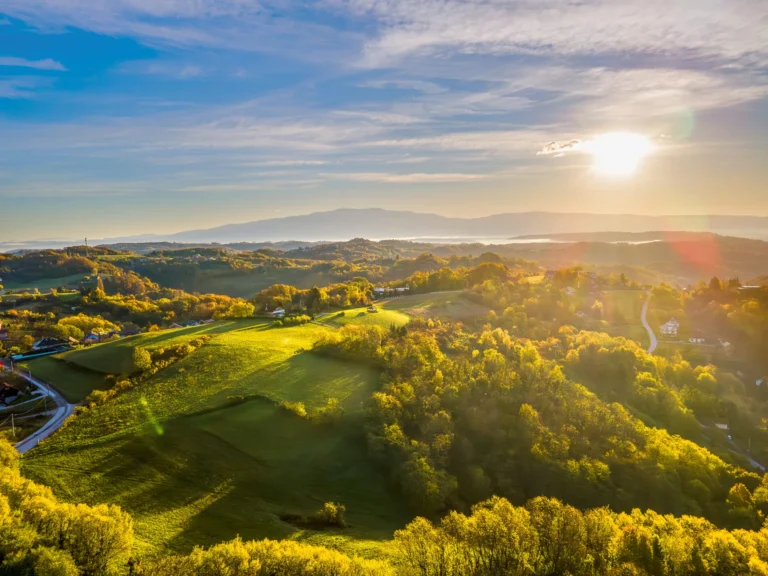Imagine having a budget meant to last for an entire year, but you've already spent half of it. This situation is similar to what our planet is experiencing. Environmental Debt Day represents the point in the year when we have consumed all the natural resources that the Earth can replenish in that time. After this day, any additional resources we use contribute to a debt that will be passed on to future generations.
The date, which occurs earlier each year, is a stark indicator of humanity's consumption surpassing the Earth's ecological capacity. This excessive exploitation of natural resources gives rise to significant environmental challenges, including deforestation, soil degradation, water scarcity, and escalating climate change.
How is environmental debt created?
Environmental debt refers to the imbalance between human consumption and the Earth's capacity for natural restoration. Several key factors contribute to this debt, including:
- Excessive deforestation contributes to the reduction of biodiversity and leads to an increase in carbon dioxide emissions.
- Overfishing significantly impedes the recovery of marine ecosystems.
- Excessive reliance on energy derived from fossil fuels significantly contributes to climate change.
- The degradation of cultivable land and the depletion of natural water resources are significant consequences of intensive agricultural practices.
The earlier the Day of Ecological Debt occurs, the more evident it is that we are surpassing our ecological limits, highlighting the urgent need for immediate action.
What steps can we take to reverse this trend and bring about a positive change?
Solutions are available, and individuals can contribute to this effort. While global changes are underway, meaningful progress starts within communities. Here are strategies to mitigate environmental debt:
- Sustainable tourism development encompasses the responsible management of natural resources, the minimization of waste, and the implementation of environmentally conscious practices within the hospitality and accommodation sectors.
- Supporting local and seasonal food producers significantly mitigates the emissions associated with food transportation. By prioritizing local sourcing, we can reduce the environmental impact of our food systems.
- The strategic utilisation of energy encompasses the transition to renewable energy sources and the implementation of energy efficiency practices in daily activities.
- Preserving natural environments and ecosystems, including protecting forests, rivers, and soil, is imperative for achieving a sustainable future
Zagreb County - a combination of nature and sustainability
Zagreb County takes pride in its pristine landscapes, rich cultural heritage, and a variety of sustainable tourism opportunities. Activities such as cycling, hiking, and sampling local products provide authentic experiences while simultaneously contributing to environmental preservation.
Ivana Alilović, the Director of the Zagreb County Tourist Board, emphasizes the importance of sustainability as not merely a trend, but rather an essential imperative. She notes, “Our county represents a natural treasure, and the responsible management of resources is crucial for its preservation. By focusing on the development of green tourism, supporting local producers, and educating visitors, we aim to extend our ecological timeline and secure a better future for all stakeholders involved.”
Environmental Debt Day serves as a significant reminder of our finite resources and functions as a catalyst for transformative action. Each choice we make—ranging from our dietary preferences to our modes of transportation—has profound implications for the duration in which our planet can sustain life as it currently exists. It is imperative that we take action without delay.










